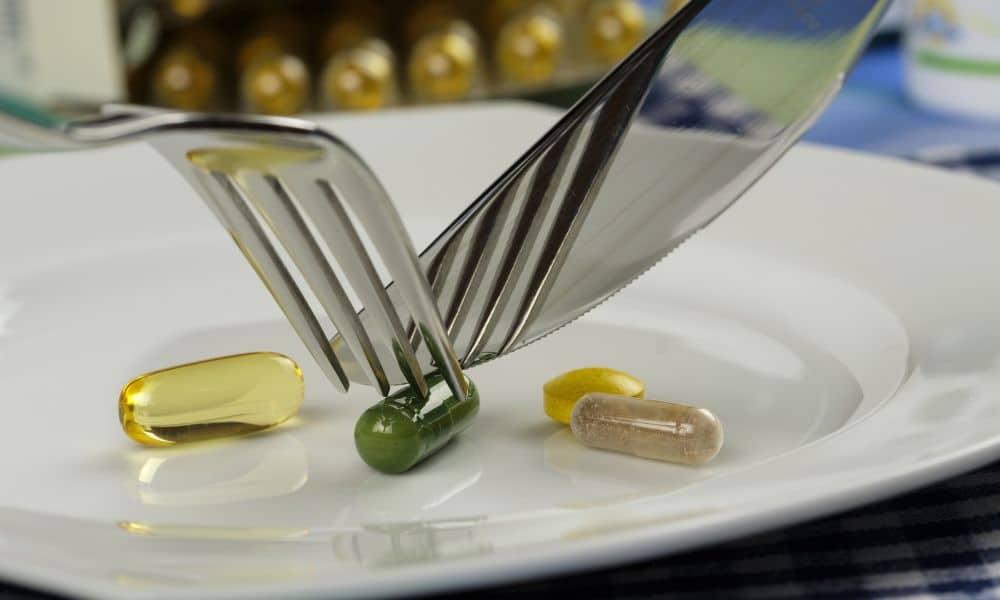Are you curious about the side effects of L-Carnitine as a supplement when trying to maximize your bodybuilding journey? As the world of bodybuilding and fitness continues to evolve, enthusiasts often seek various supplements to optimize their training and attain their goals.
L-Carnitine, a naturally occurring amino acid-like compound, has gained popularity for its potential benefits in energy production, fat metabolism, and exercise performance enhancement. However, like any supplement, being aware of potential side effects is essential. In this article, we delve into the possible side effects of L-Carnitine in the context of bodybuilding and discuss the importance of informed decision-making.
Understanding L-Carnitine
L-Carnitine is synthesized in the body from the amino acids lysine and methionine. Its primary role is to transport fatty acids into the mitochondria, which metabolizes them to produce energy. This mechanism is integral to energy production, particularly during physical activity.
Potential Side Effects
Here is a list of some of the potential side effects of taking L-Carnitine as a supplement in bodybuilding:
1. Gastrointestinal Distress
When taking L-Carnitine supplements, some individuals may experience gastrointestinal discomfort, including nausea, vomiting, diarrhea, or stomach cramps. This can be attributed to the osmotic effect of certain forms of L-Carnitine that draw water into the intestines.
2. Fishy Odor
High doses of L-Carnitine or certain supplement forms can lead to a distinct fishy odor in urine, sweat, and breath. This occurs due to the metabolic byproducts formed during the breakdown of L-Carnitine.
3. Allergic Reactions
Although rare, allergic reactions such as itching, rash, and swelling can occur in response to L-Carnitine supplementation. Individuals with known allergies should exercise caution and consult a healthcare professional before use.
4. Increased Appetite
In some cases, L-Carnitine supplementation may lead to an increase in appetite. While this may not be considered a side effect per se, it can impact dietary choices and potentially undermine weight loss goals.
5. Interference with Thyroid Function
Excessive L-Carnitine intake may interfere with thyroid function, particularly in doses above recommended levels. This could lead to disruptions in metabolism and hormone balance, which are critical for bodybuilding success.
6. Cardiovascular Concerns
Specific forms of L-Carnitine, particularly propionyl-L-carnitine and acetyl-L-carnitine, have been associated with cardiovascular effects. Some studies have linked these forms to an increased risk of arrhythmias, palpitations, and blood pressure changes. However, further research is needed to understand these potential effects fully.
7. Drug Interactions
L-Carnitine supplements have the potential to interact with certain medications, including anticoagulants, thyroid medications, and antidiabetic drugs. If you are taking any medications, it’s crucial to consult your healthcare provider before adding L-Carnitine to your regimen.
Conclusion
While L-Carnitine offers potential benefits for bodybuilders, it’s essential to recognize that it’s not a one-size-fits-all solution. L-Carnitine can have side effects like any supplement, and individual responses vary. Aspiring bodybuilders should prioritize safety and well-being when considering L-Carnitine supplementation.
Before introducing L-Carnitine into your regimen, consult a healthcare professional to discuss your goals, health status, and potential risks. It’s recommended to start with lower doses and gradually increase as needed while closely monitoring for adverse reactions. Remember that supplements are just one component of a comprehensive fitness plan that includes proper nutrition, regular exercise, adequate rest, and stress management.
Informed decision-making is critical to a successful bodybuilding journey. While L-Carnitine may offer benefits, it’s crucial to balance its potential advantages and possible side effects. Your body’s health and performance are worth the careful consideration and guidance of healthcare professionals.
If you love bodybuilding, share this article on Facebook or Twitter so that others can learn more about building muscle.




